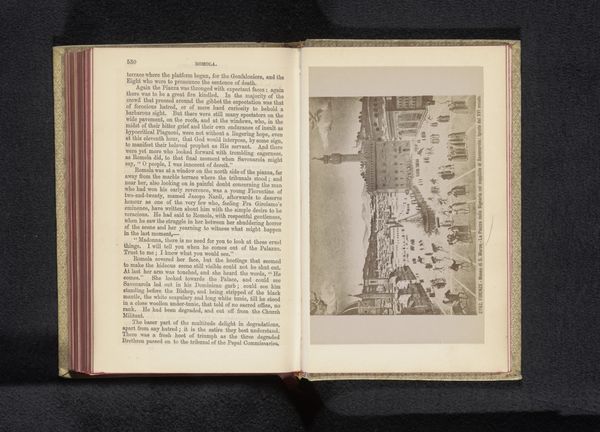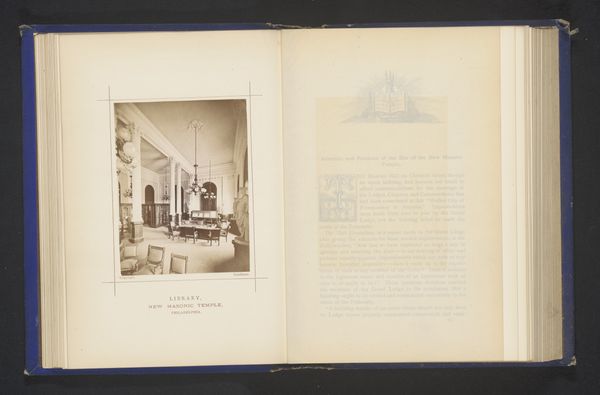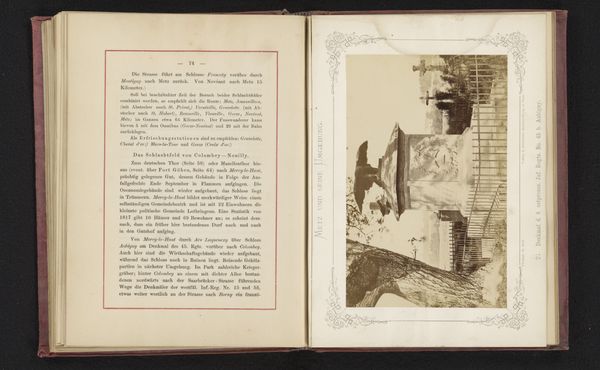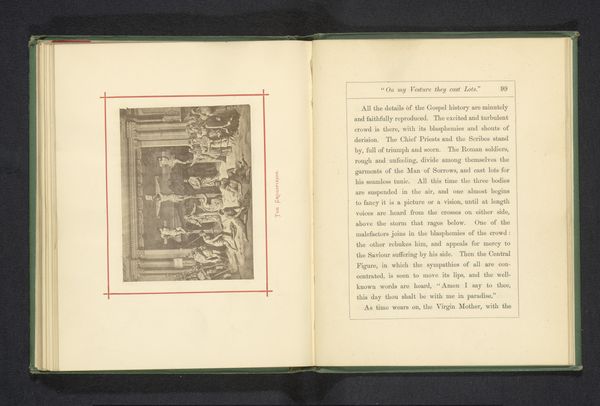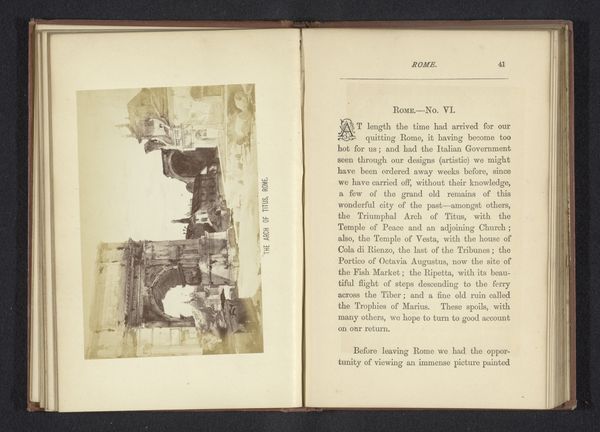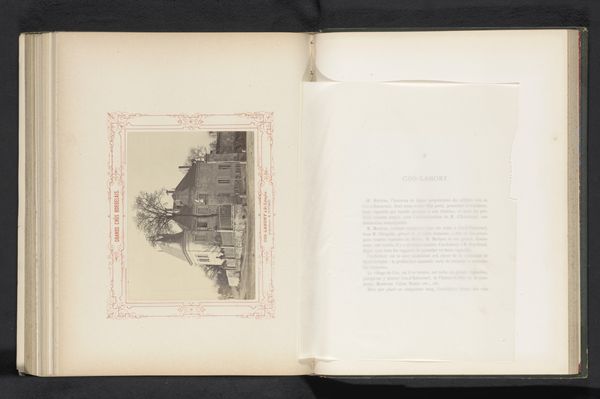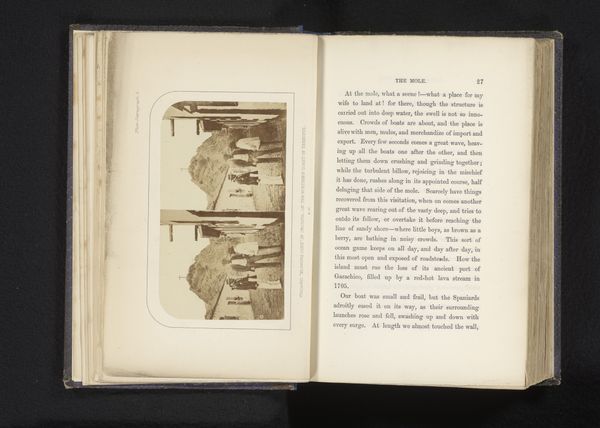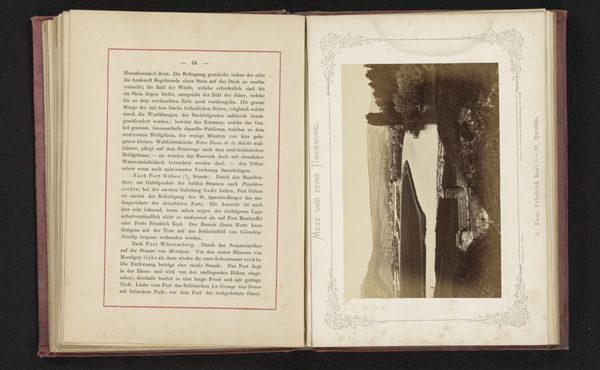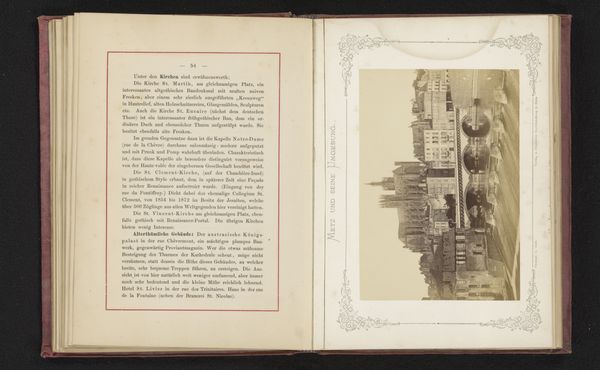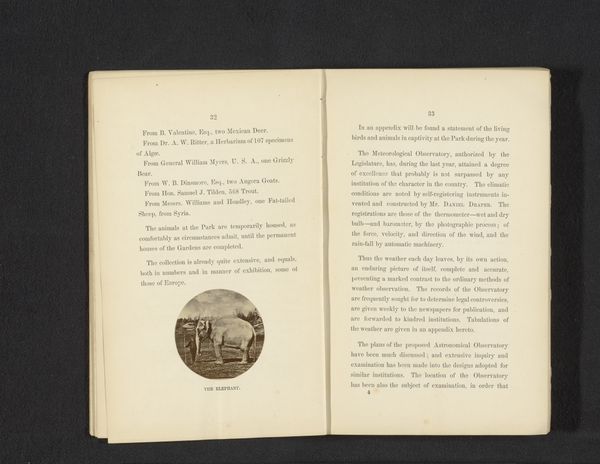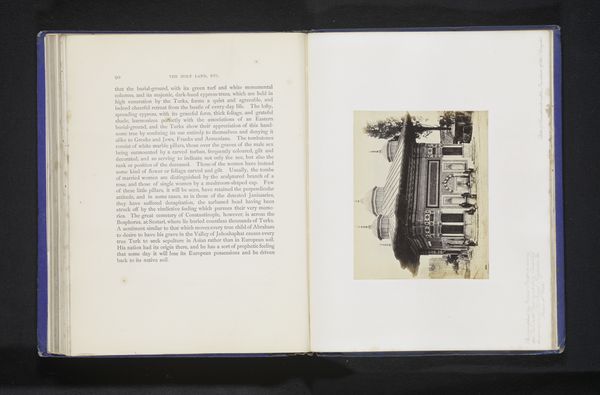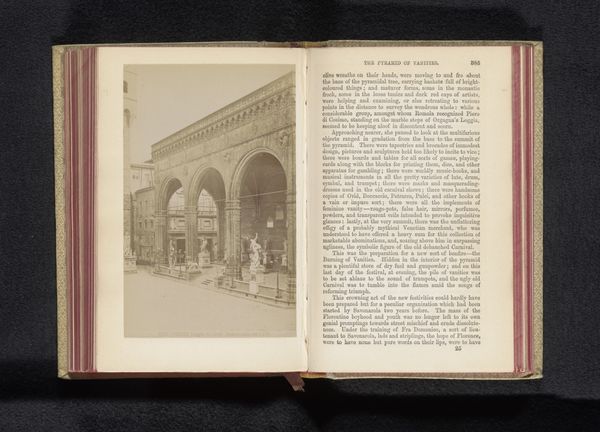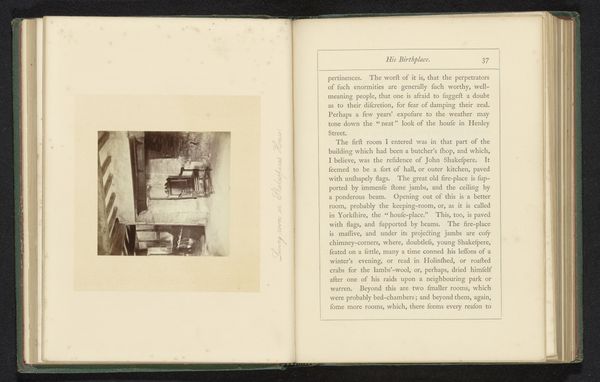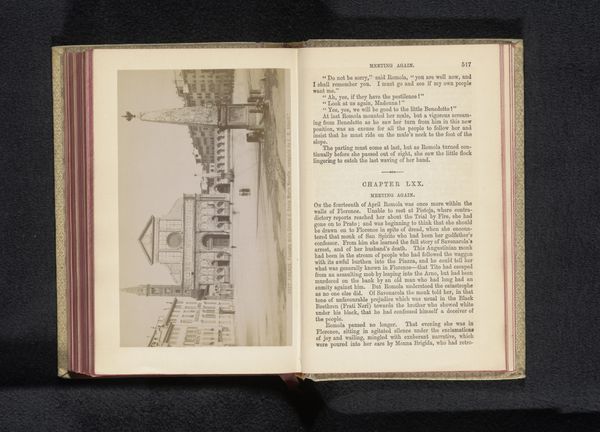
Ruiterstandbeeld van Marcus Aurelius op het Piazza del Campidoglio in Rome before 1860
0:00
0:00
print, bronze, photography, sculpture, gelatin-silver-print
#
neoclacissism
# print
#
greek-and-roman-art
#
landscape
#
bronze
#
photography
#
ancient-mediterranean
#
sculpture
#
gelatin-silver-print
#
cityscape
#
academic-art
Dimensions: height 90 mm, width 66 mm
Copyright: Rijks Museum: Open Domain
This is an image of the equestrian statue of Marcus Aurelius on the Piazza del Campidoglio in Rome. The statue is a powerful image, a ruler mounted on horseback—a motif that represents authority, control, and divine grace, echoing ancient Roman ideals of governance and military power. This echoes in the statues of emperors and generals throughout history. The raised hand of Marcus Aurelius—a gesture of clemency or perhaps command—reminds us of similar poses in religious iconography. The horse itself, a symbol deeply embedded in our collective psyche, represents instinct, energy, and nobility. Often linked to mythological creatures such as centaurs or the winged Pegasus. Its appearance here emphasizes the emperor’s vitality and connection to primal forces. This representation transcends mere portraiture and speaks to the enduring human need for leadership and order, resonating across millennia.
Comments
No comments
Be the first to comment and join the conversation on the ultimate creative platform.
